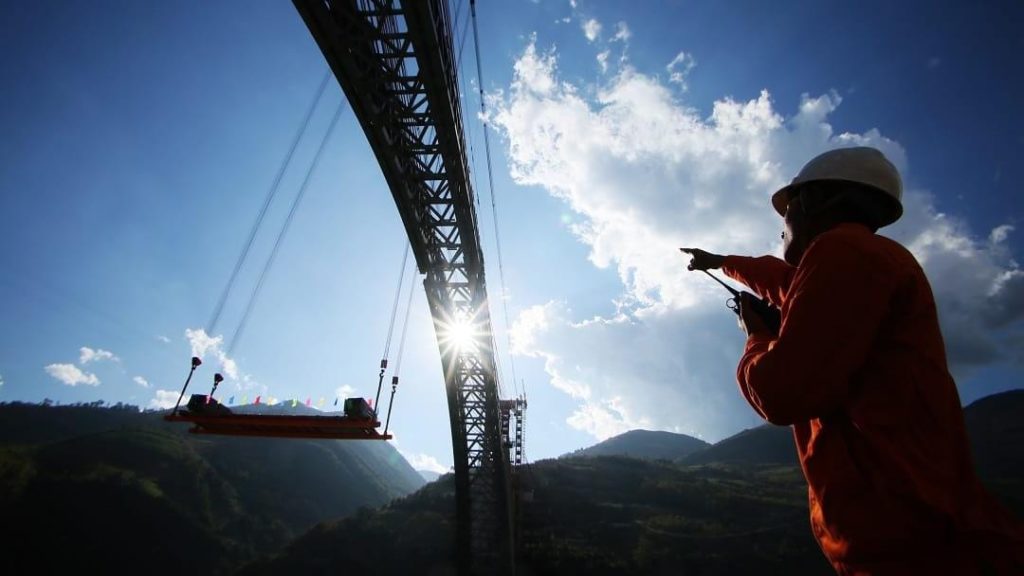Crisis Group conducted the fieldwork for this report before the COVID-19 pandemic. Some dynamics examined in this publication may have changed in the meantime. Moving forward, we will be factoring the impact of the pandemic into our research and recommendations, as well as offering dedicated coverage of how the outbreak is affecting conflicts around the world.
What’s new? The Rohingya crisis has strained Myanmar’s relations with the West and much of the Global South, pushing it to rely more on diplomatic and economic support from China. With a China-Myanmar Economic Corridor proceeding, and smaller private-sector projects proliferating, China’s investments in Myanmar are poised to shift into higher gear.
Why does it matter? Many of these projects are located in or near areas of active armed conflict, and are often implemented without sufficient transparency, consultation with local communities or awareness of the local context. They risk empowering armed actors, heightening local grievances and amplifying anti-Chinese sentiment, which could lead to a popular backlash.
What should be done? China needs to take more responsibility for ensuring that its projects benefit local communities and Myanmar’s economy, and do not exacerbate conflict. The Myanmar government should enhance its China expertise to negotiate and regulate projects more effectively. Both sides need to practice greater transparency and meaningful community consultation.
Executive Summary
China is Myanmar’s most important foreign partner, a key source of investment, diplomatic protection and potential leverage over ethnic armed groups fighting the country’s military. The relationship has always been coloured by mutual distrust, and Myanmar has tried to balance China’s influence by seeking out other strategic relationships, in the region and beyond. But since the brutal violence against the Rohingya of 2016-2017 strained its relations with the West and much of the Global South, Naypyitaw has come to rely even more heavily on Beijing. As it is pushed further in this direction, both countries must ensure that the megaprojects and many other smaller private investments that China has proposed do not exacerbate armed conflict in various parts of Myanmar. Given the country’s deep reservoir of anti-Chinese sentiment, it is critical that Beijing and Naypitaw design and carry out commercial projects in a transparent and mutually beneficial way, in close consultation with the locals most affected.
China has big plans in Myanmar as part of its Belt and Road Initiative. These include a multi-billion-dollar China-Myanmar Economic Corridor connecting landlocked Yunnan province with the Indian Ocean seaboard in Rakhine State, via Mandalay. This set of infrastructure and commercial projects will bind Myanmar ever more closely to China’s economy. There is also a large amount of private Chinese capital flowing into Myanmar, for everything from plantation agriculture to commercial property development. Locals, however, do not welcome all this investment, in which they sometimes see little benefit for their communities. Furthermore, at each end of the Economic Corridor – in northern Shan State and Rakhine State – armed conflict is raging, and it is far from clear that major investments will help quell the fighting or lessen the underlying grievances rooted in political economy.
Naypyitaw is also cautious about major Chinese investment, worrying about the consequences of being embraced too tightly by its giant neighbour. It continues to resist Beijing’s pressure to make bigger concessions and faster progress. Xi Jinping made a state visit to Myanmar on 17-18 January, the first trip by a Chinese president in almost twenty years, but he was unable to sign any major new agreements while there.
